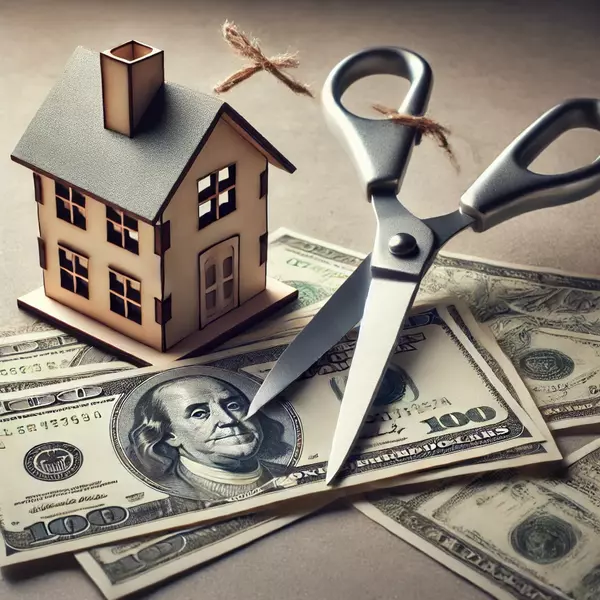What Does Tariff War Mean to Real Estate and Prices?

The ongoing tariff war has significant implications for the real estate market and housing prices in the United States. Here's how tariffs are affecting the housing industry:
Tariffs on imported building materials are driving up construction costs:
-
A 25% tariff on imports from Canada and Mexico, major suppliers of softwood lumber and gypsum, is increasing the price of these essential materials.
-
The National Association of Home Builders (NAHB) estimates that about 70% of softwood lumber and gypsum used in U.S. homebuilding comes from Canada and Mexico.
-
These increased costs are likely to be passed on to homebuyers, potentially raising the price of a new home by several thousand dollars.
The tariffs are expected to push home prices higher:
-
Builders may be forced to use more expensive domestic materials, leading to pricier homes and rentals.
-
The National Association of Home Builders estimates that tariffs could increase the cost of a new home by $4,000 or more.
-
Higher construction costs may result in delayed or canceled projects, exacerbating the existing housing shortage and potentially driving up prices further.
The tariff war's impact on the broader economy could affect mortgage rates:
-
If tariffs lead to increased inflation, the Federal Reserve might raise interest rates to control it, potentially pushing up mortgage rates.
-
However, if trade tensions escalate and cause fears of a global slowdown, capital might flow into Treasury bonds, potentially lowering mortgage rates and improving housing affordability.
Some experts suggest that the trade war could potentially benefit the housing market:
-
Lower mortgage rates resulting from economic uncertainty could spur demand for housing, potentially reigniting bidding wars nationwide.
-
Increased housing affordability could lead to more real estate transactions, remodeling projects, and related economic activity.
The full impact of the tariffs on the housing market remains uncertain:
-
The situation is still evolving, with Trump recently imposing sweeping 25% tariffs on Canada and Mexico.
-
Some industry professionals believe the market has already absorbed some of the impact, but the projected 150% increase in tariffs may make it impossible for companies to avoid passing costs to consumers.
In conclusion, while the tariff war is generally expected to increase home prices due to higher construction costs, its overall impact on the housing market will depend on how it affects the broader economy, interest rates, and consumer behavior.
Recent Posts







GET MORE INFORMATION

